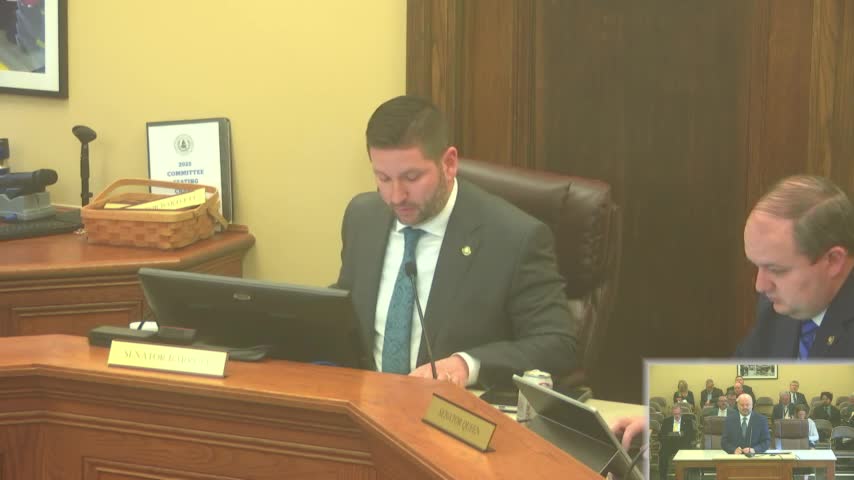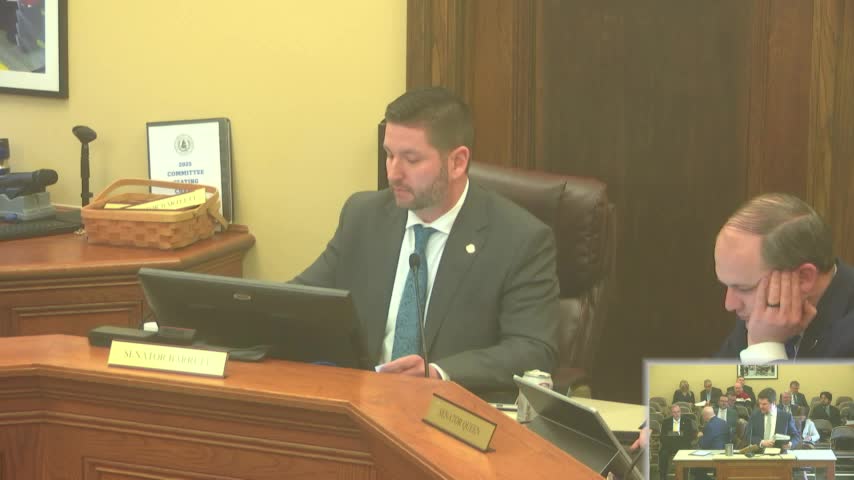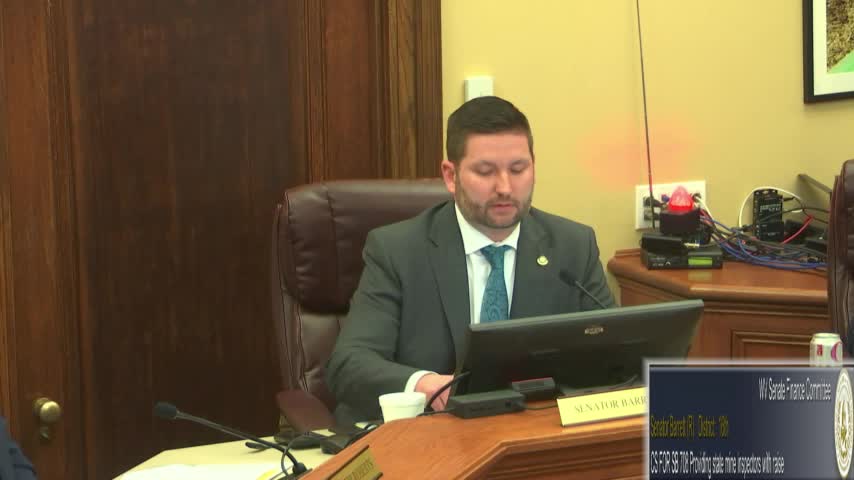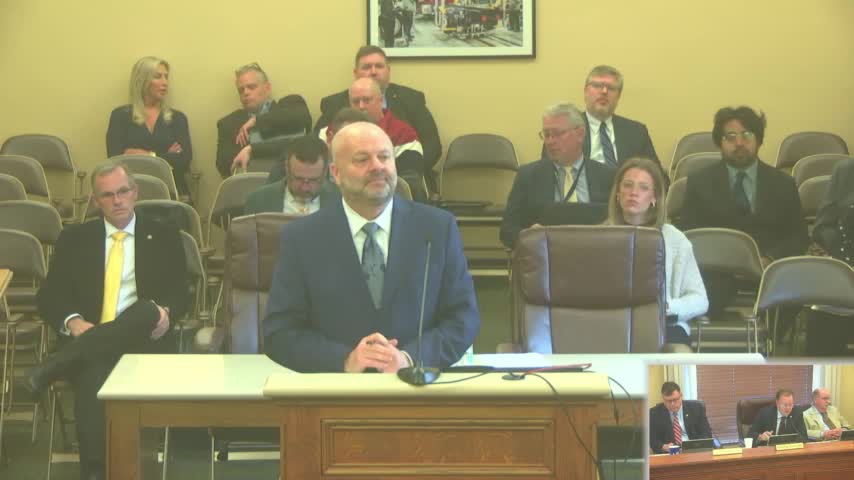Article not found
This article is no longer available. But don't worry—we've gathered other articles that discuss the same topic.

Committee backs market-based pay enhancement for teachers, capping increase at 50% of county average pay

Committee approves option for home confinement officers to transfer PERS service into EMS retirement system

Senate committee backs $4,000 pay increase for state mine inspectors

